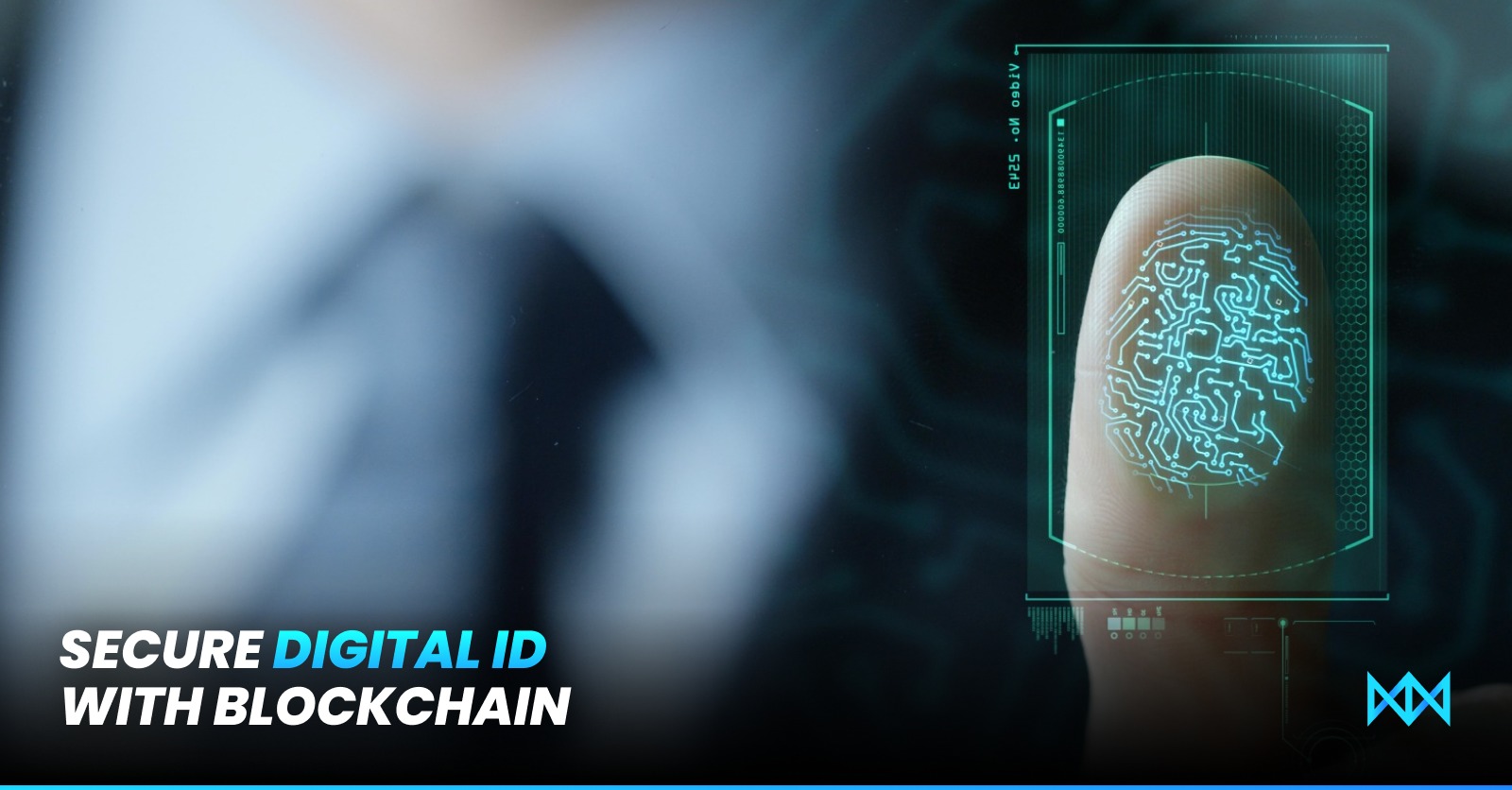Quick Summary:
- With blockchain-based digital ID, users are able to share only certain information with vendors and service providers instead of their entire identities.
- Decentralised blockchain IDs would have the added benefit of interoperability as well as trust.
- Automation will enable companies to verify user data across industries without contacting multiple sources.
Related: Blockchain-Based Digital IDs to Boost Korea’s Economy
A person’s identity is perhaps their most valuable asset. It allows them to transact online, even open a bank account.
Fraud-Sensitive Sector
Since 2021, more than $1bn (£0.87bn) in fraud has occurred on blockchain (the technology behind crypto), so users might have reservations about trusting their identifying information to it.
With blockchain-based digital ID, users are able to share only certain information with vendors and service providers instead of their entire identities, which is based on the principle of self-sovereign identity (SSI). Instead of presenting an ID card that might reveal a person’s name and address, someone could walk into a bar and present a trusted credential that only shows they are of legal drinking age. Blockchain-based digital ID could make this a reality thanks to SSI because it allows the interacting parties to see the key information.
“This is significant because currently there isn’t a way for businesses online to interact with contractual trust in a peer-to-peer way that isn’t intermediated by a third-party login service,”
says John Jordan, executive director of the Government of British Columbia’s Digital Trust Service,
GoBCDTS is starting to implement blockchain-based ID systems for citizens and local businesses.
“Blockchain presents the opportunity to have confidential friendships and business partners on a foundation of trust.”
Authentication that is seamless
The current digital identity experience is fragmented; there are multiple platforms and logins globally. Decentralised blockchain IDs would have the added benefit of interoperability as well as trust. It is costly and time-consuming to verify credentials across these platforms. According to David Palmer, Vodafone Business blockchain lead, the interoperability across chains can result in a larger ecosystem, allowing businesses to reach a larger audience.
In addition to interoperability, automation will enable companies to verify user data across industries without contacting multiple sources or reporting to multiple regulators. British Columbia, for example, uses verified credentials to automate business licensing rights.
In the future, if digital spaces like the metaverse gain traction, automation will become more valuable. The future will require full automation of ID verification, since there will be no human at each digital border if digital personas cross into different digital platforms.
Conclusion:
Currently, most digital IDs are stored in centralised databases. This is making them a vulnerable to accidental exposure or deliberate theft. Blockchain IDs make it virtually impossible for companies to be hacked. They are only able to hold specific bits of data. According to Daniela Barbosa, executive director of Hyperledger Foundation, a distributed ledger developer.
Disclaimer: This article is provided for informational purposes only. It is not offered or intended to be used as legal, tax, investment, financial, or other advice.





